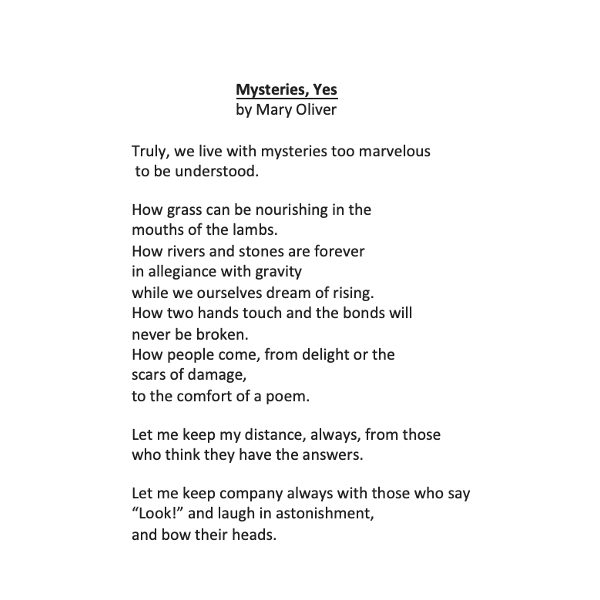“A lot of people do have tragic childhoods. But you know what? Get over it. If you need therapy, get it. If you need to do something, I don’t care if it’s suck on a rock and stare at the moon. If that works for you, do it. But do something and get back in charge of your life.” — Dr. Phil.
Everywhere we turn, we get advice: financial, health, sex, fitness, glamor, parenting, career, motivational, and so on. And there are self-help gurus and “influencers” at every turn dishing it out.
Hierarchy defines these advisory relationships. They know or have something we don’t. Superiority lurks in the same waters. Problem-solving describes the attitude and ends.
Learning from others and taking counsel is a powerful way to learn, grow, or heal; advice can be an essential element of therapy. However, there are limits. If only our advisors had all the answers. Or that our therapists didn’t suffer or struggle themselves. Then, they could tell us the way. But, unfortunately, it’s not that simple.
E-H therapy is more a journey of exploration than a classroom or doctor’s office. The journey depends on a different, less hierarchical relationship. Of course, the therapist has a role, specific skills, and expertise. However, the relationship is one of collaboration, co-creation. The therapist and client are more “fellow travelers.”
In this context, the therapist becomes less problem-solver and more present, available connection. The therapist is someone who “stands with” the client. Safety takes center stage, with an eye toward the client’s willingness and capacity for transparency. Therapist openness and acceptance become top of mind, inviting curiosity and exploration on a journey of discovery. Trust in the process is true north, while presence is a constant touchstone, being mindful that, while invaluable, training and theory can also block presence and healing.
The wonder-filled journey of fellow travelers, the attitude it calls and the mysteries it promises, bring to mind a poem:

Links to Related Blog Posts:
Read The Existential Moment posts about “interpersonal dimension”on EHI’s blog.
Read all the Existential Moment series posts on EHI’s blog.


